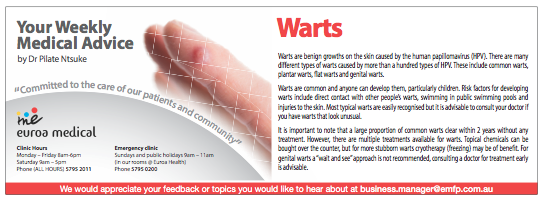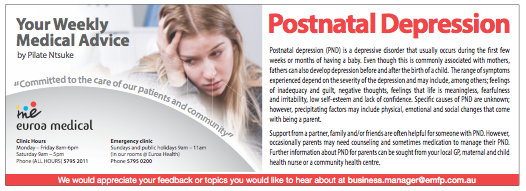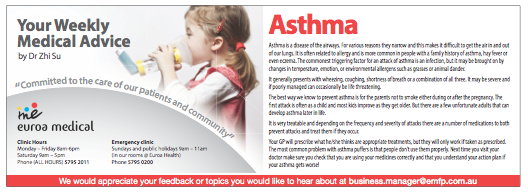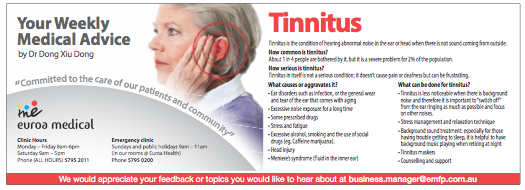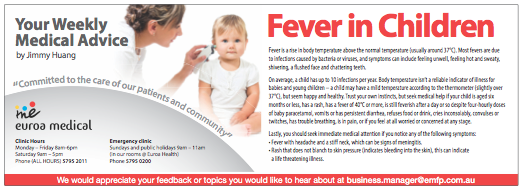Warts are benign growths on the skin caused by the human papillomavirus (HPV). There are many different types of warts caused by more than a hundred types of HPV. These include common warts, plantar warts, at warts and genital warts. Warts are common and anyone can develop them, particularly children. Risk factors for developing … Read more
 healthsite
healthsite
Endometriosis is a chronic condition that affect a woman’s reproductive organs. It happens when the lining cells (called the endometrium) of the uterus grow outside of it. Often it is found on and around the pelvic and abdominal organs, including the ovaries. About one third of women with endometriosis have trouble with fertility and struggle … Read more
Postnatal depression (PND) is a depressive disorder that usually occurs during the first few weeks or months of having a baby. Even though this is commonly associated with mothers, fathers can also develop depression before and after the birth of a child. The range of symptoms experienced depend on the severity of the depression and … Read more
Asthma is a disease of the airways. For various reasons they narrow and this makes it difficult to get the air in and out of our lungs. It is often related to allergy and is more common in people with a family history of asthma, hay fever or even eczema. The commonest triggering factor for … Read more
Osteoporosis is a condition whereby thinning of bones occurs and they consequently become brittle. Patients with osteoporosis are more likely to sustain fractures with minimal trauma or injury, for example, a rib fracture caused by coughing or a hip fracture after falling from a low height. It is estimated that by the age of 80, … Read more
Contraception (or birth control) is a variety of methods used by men and women who are sexually active to prevent pregnancy. They are also used by women to help regulate their periods if their cycle is irregular or if they have heavy periods. There are many di fferent types of contraceptives. Choosing contraceptives depends on a … Read more
Tinnitus is the condition of hearing abnormal noise in the ear or head when there is not sound coming from outside. How common is tinnitus? About 1 in 4 people are bothered by it, but it is a severe problem for 2% of the population. How serious is tinnitus? Tinnitus in itself is not a … Read more
Fever is a rise in body temperature above the normal temperature (usually around 37°C). Most fevers are due to infections caused by bacteria or viruses, and symptoms can include feeling unwell, feeling hot and sweaty, shivering, a flushed face and chattering teeth. On average, a child has up to 10 infections per year. Body temperature … Read more
Why bother losing weight? The bene fits of weight loss and improving your lifestyle are endless. Not only do you physically feel better and regain any lost self-esteem, your risks of heart disease, stroke, diabetes, cancer, gall bladder trouble, hiatus hernia, high blood pressure and arthritis (especially hips and knees) will decrease considerably. Fattening foods In order … Read more
Each year over 2,000 Australians die from skin cancer; yet most skin cancers are preventable and the majority of them can be successfully treated, if found early. There are 3 types of skin cancer: – Basal cell carcinoma (BCC): the most common, least dangerous form of skin cancer, red, pale or pearly in colour – … Read more


